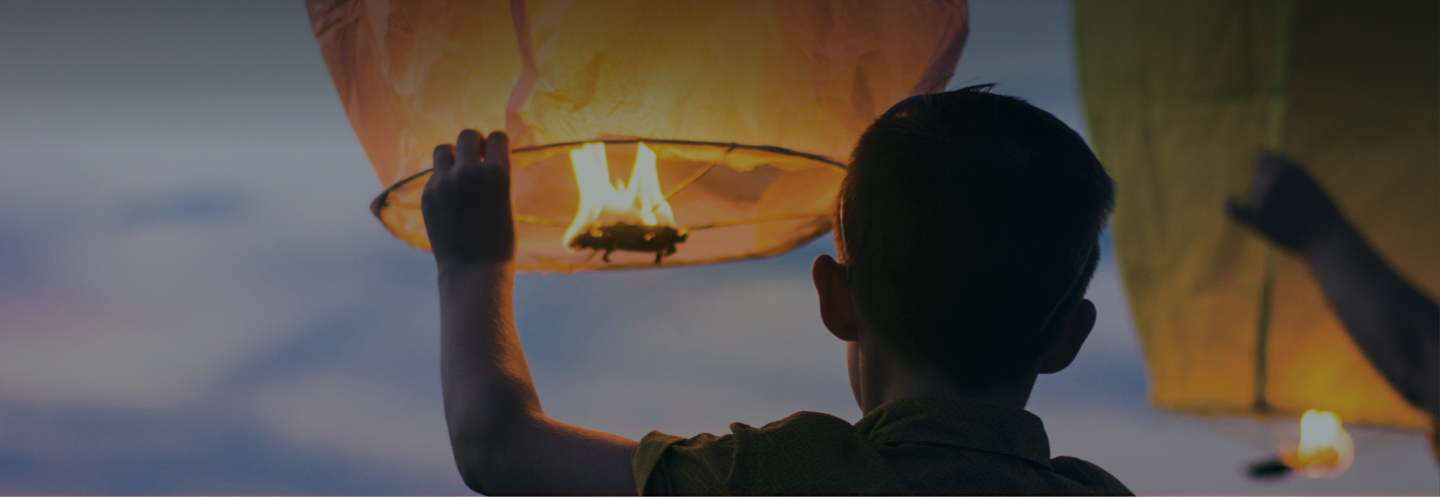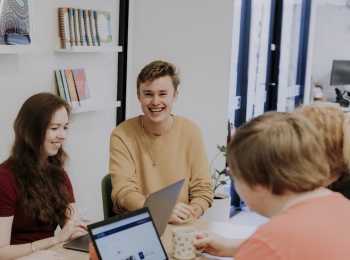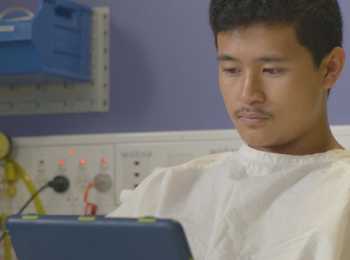School and study
Bet you never imagined that you would miss going to school? School, uni or TAFE might be a big part of your life and it can be scary thinking about what will happen to your studies while you are having treatment.
Many young people who have been through cancer treatment feel it’s important to go back to school or study as soon as possible. But if you have been away for a long time, it’s normal to feel nervous as well as excited about going back to school.
You may feel self-conscious about the changes in your life and unsure how others will deal with them. You may also be worried about catching up on the work, or maybe even having to repeat and being a year behind your friends.
I was able to continue studying part time while receiving treatment. My advice is to take the time you need and tell the relevant people at the university about your diagnosis. There are many support services and ways to make adjustments to your study/assessments. Fiona, 22
Before you return:
- Ask your parents, friends or partner to visit or call the school, uni or TAFE to let them know what to expect and what they can do to help.
- Your teachers might be able to tell everyone at the same time about what’s going so everyone knows and can be as supportive as possible on your first day back.
- Get some work sent home to you or to the hospital. This might make you feel a bit more prepared before heading back.
- Check out if there is someone from the hospital who can visit your school to teach the teachers and students about your cancer.
Canteen’s Education and Career Service helps young cancer patients stay connected to study or work during and after their cancer treatment. Find out more at: canteen.org.au/ecs
Friends at school, uni or TAFE
Be prepared – people at school, uni or TAFE might act a bit weird around you at first. This is because sometimes people avoid things they don’t understand or are uncomfortable with. Talking to people up front about what’s going on and letting them know it’s okay to ask questions can help.
On the first day, it might help to have a friend meet you at school or uni to walk in with you so that you have support.
Sometimes when people don’t know what to say or ask, they can say something that you think is a bit dumb or insensitive. Sometimes people tease because they are confused and don’t know how to react. Keeping in mind that people are acting this way because they don’t understand can help you cope with this, and can help you resist the urge to say something mean or teasing back. Try to remember that it isn’t your fault that someone is teasing you – they are responsible for what they do. If you’re feeling uncomfortable about questions or being teased, it is important to tell a parent, carer, teacher, lecturer or student services.
If you are struggling with how you’re being treated at school or adjusting with going back to study, it can help to talk to a counsellor or someone who is not involved in the situation. You can contact Canteen for information about free counselling services.
Keeping up
Even if you have gone back to school, uni or TAFE, you may still miss out on class a lot because you need to go to appointments or have treatment.
You may also still get really tired and not feel 100%. This can make it hard to keep up.
You could:
- Ask a friend to take notes for you if you miss a class.
- Get the teacher to email any work or assignments that you have missed, or they could send the work home with a friend or a sibling for you.
- With your teacher, work out what work is a priority and focus on that – it may be easier than trying to get it all done.
If you’re from a rural and remote area and away a lot for treatment, you might be able to continue with your regular schoolwork through distance education and doing courses online. There may also be hospital school services available in your hospital. You can learn directly from a teacher on the ward or sometimes they can visit you where you are staying in town.
Canteen’s Education and Career Support Service can help.
Marks
You might feel ready to jump right back into school, uni or TAFE and make up for lost time. Going back to study after cancer treatment can be tricky, and some young people find study harder, or their marks aren’t as good as they were before the treatment.
This might be because you were away or lot or because some of your treatment has made it harder to concentrate or understand and remember new information (chemo brain!). You might feel like you are working harder just to keep up. Or maybe your goals have changed.
It can be frustrating, but keeping in mind the long term goals of health and recovery can help. Your teachers, and parents or carers might be able to support you to adjust your education goals for the time being.
You deserve no pressure on whether to start, resume or finish study after a cancer experience. It’s always there. Ezra, 21
Years 11 and 12
If you are doing your final school exams, it can help to speak to your teachers or the school counsellor about ‘special consideration’.
Lots of people get special consideration all the time for different reasons. It doesn’t have to be a big deal and you don’t have to tell everyone about it. It’s just recognising that things are really hard right now.
Uni and TAFE
Your treatment and the side effects of your cancer may impact on your decision to enrol in, or continue with, further study at uni or TAFE. It might also impact on your choice of course and method of study.
You might be worried about:
- Causing more stress on your body
- Not being able to meet the requirements of the assessments and afraid of failing
- The uncertainty of your health and being unable to predict how you will feel mentally or physically in the future
- Fitting in and receiving unwanted attention
- Lack of physical access, such as wheelchair access
- Not being able to complete particular types of exams, assessments, practical work or field trips.
Distance learning might be an option for you. This means you could take courses online and study in your own time.
There are also support services at university and TAFE campuses that will help you to make adjustments and cope.
Access and inclusion
If you're returning to study, there are often systems at school, TAFE and universities to adjust study conditions to make learning accessible.
Accommodations might include:
- Extra time for exams
- Access to lecture notes before class
- Allocation of note-takers, sign language interpreters and readers
- Use of equipment and assistive technology
- Assistance with parking and physical access.
- Special consideration for assessment.
If you're at school, it can be helpful to start this conversation with a welfare teacher, head of year or school counsellor/psychologist. If you’re at TAFE or university, start with student services (or search ‘Accessibility’ on their website).
If you have a permanent disability (such as physical, intellectual, cognitive, neurological, visual, hearing or psychosocial) resulting from your cancer treatment, it may also be worth looking at support that might be available through the National Disability Insurance Agency. Ask your treating team for advice and support with this process.
Student services
Most campuses also have a student services centre that provides support services such as:
- Counselling
- Financial assistance
- Tutoring
- Career advice
- Health services, housing services and childcare
- Employment services
- Aboriginal and Torres Strait Islander student support


















